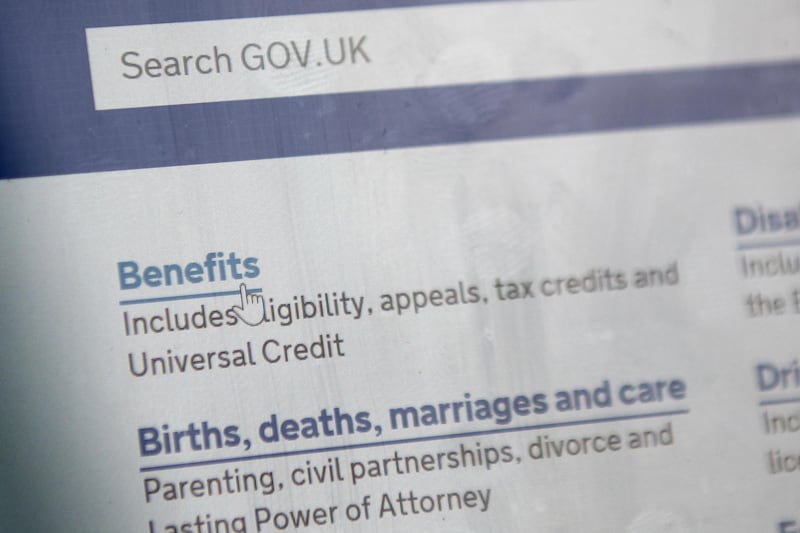Writing off the loans of students who started university after tuition fees were trebled to £9,000 a year could cost the public purse £20 billion by 2050.
A new analysis by the influential Institute for Fiscal Studies (IFS) concludes that while making such a move now would not have an immediate effect, it would increase government debt in the longer term.
If tuition fee debt was written off after a general election in 2022, three times as much – around £60 billion – could be added to overall debt in the long run.
The future of tuition fees has been subject to intense debate in recent months, sparked in part by a Labour party election pledge to scrap the charges for all future students.
Labour leader Jeremy Corbyn also suggested in an interview that he wanted to look at ways to "deal" with the debt of those who have paid £9,000 a year in tuition fees, although shadow education secretary Angela Rayner insisted this summer that the party has "no plans" to write-off existing student debt, adding that they had never promised to do so.
In a new paper on tuition fees, the IFS notes that there have been suggestions that writing off £9,000 tuition fee loans would mean a £100 billion rise in debt, but that this is wrong.
If fees for students in England who have paid £9,000 a year (those who attended university between 2012 and 2016) were written off now, it would increase debt gradually by around £20bn by 2050, the think tank calculated.
"The £100bn figure is the total value of all outstanding tuition fee and maintenance debt right back to 1998," the IFS says.
"The outstanding fee debt of graduates who entered university after 2012 stands at £34bn. If that were written off in its entirety it would have almost no effect on government debt in the short run, but due to reduced future repayments from graduates, would increase debt by around £20bn by 2050 [in present day terms]."
The extra £14bn is made up of loans given to students that the government never expects will be repaid. Under the current system, student loan debt that is not repaid after 30 years is written off.
Debt would increase gradually because to begin with, students may not be paying back the money, for example because they are still studying, or not earning enough to meet the £21,000 repayment threshold, it was suggested.
The paper goes on to say that if tuition fee loans were written off after an election in 2022, the cost of doing so would be higher – adding around £60bn to government debt by 2050.
It adds: "As with the policy of scrapping fees for future cohorts, it is the highest earning graduates that would benefit the most, with the lowest earning graduates benefitting very little from reduced compulsory loan repayments."








